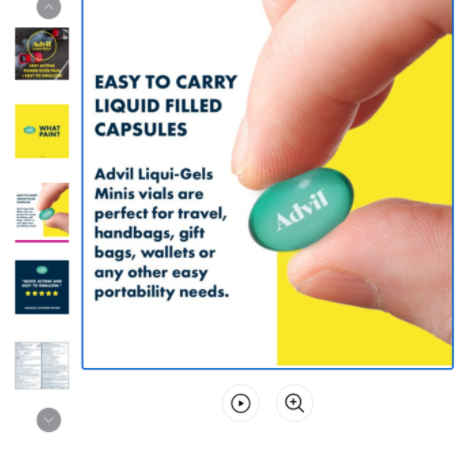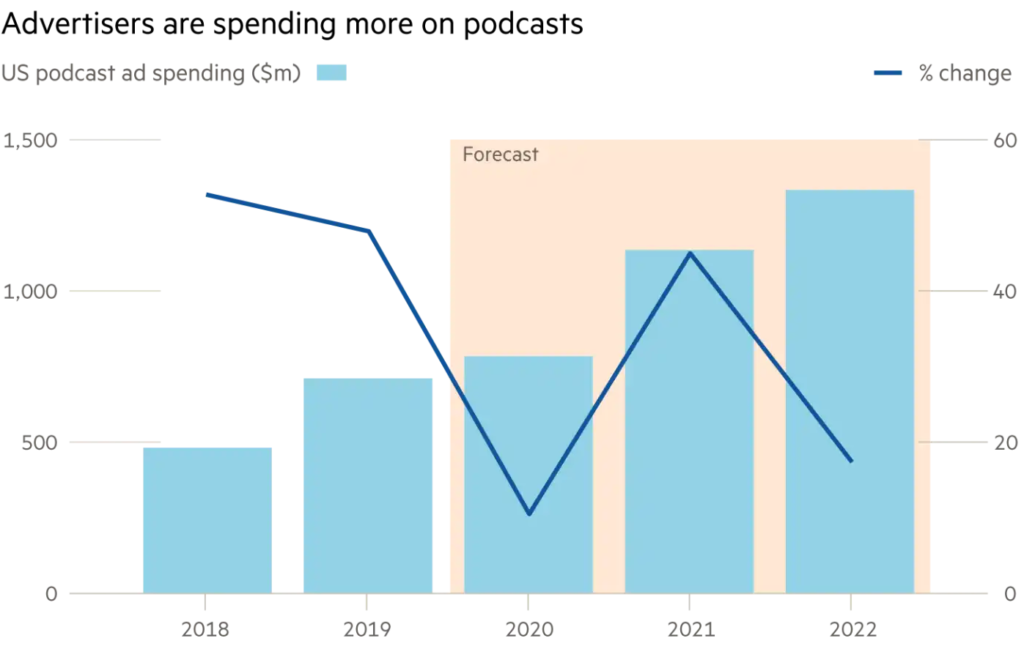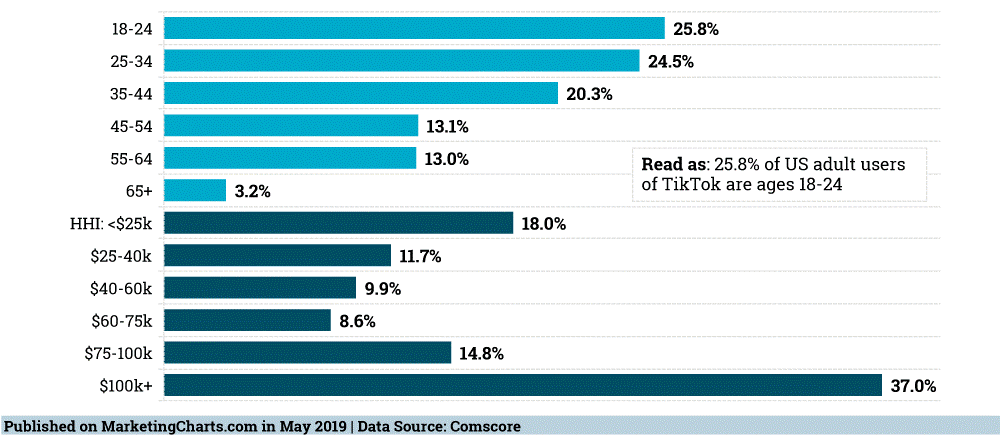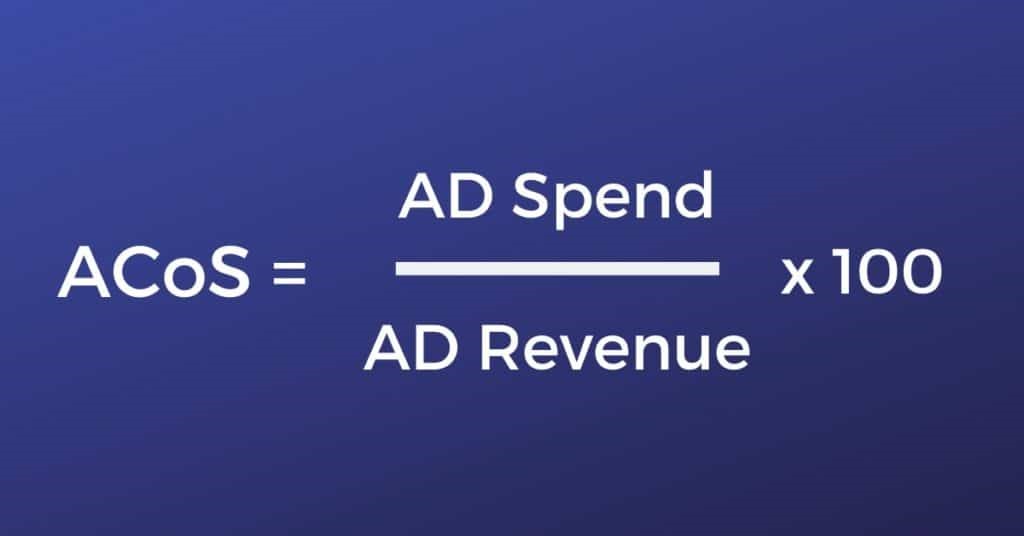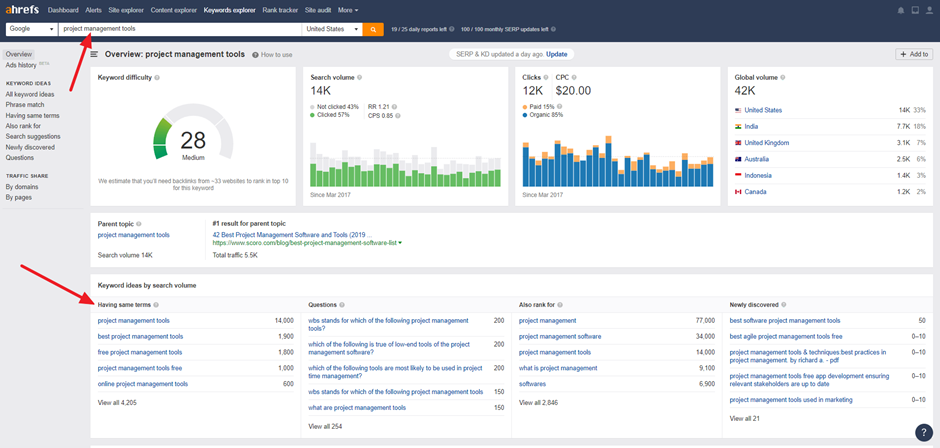In June 2020, at its annual Worldwide Developers Conference (WWDC), Apple announced product and policy changes that will affect data sharing across iOS. According to Facebook, the limits it places on advertising will harm the growth of small businesses and the free Internet. This is premised on the conviction that free, ad-supported businesses have been essential to the growth and vitality of the Internet and that personalized ads and user privacy can coexist.
The iOS 14 Update
Privacy and data usage take center stage in the latest updates to Apple operating systems (iOS 14, iPad OS 14, and tvOS 14). Within each app’s product page, users will be able to learn about how an app uses its data. Developers will also be required to provide details on their privacy policies, the data they collect, and how they intend to use it.
These updates seem harmless enough — if not necessary. But the iOS 14 change that is most likely to impact Facebook advertising is related to permissions. Going forward, apps will be required to get permission from users to track them or access their device’s advertising identifier.

Source: Apple
Here’s where it gets interesting. Getting permission isn’t as simple as getting sign-offs on the paragraph on your privacy policy. While developers cannot flash an announcement with a big “OK” button and a small link to update their settings, users will need to explicitly opt-IN (not opt-OUT) to provide these permissions.
When it comes to privacy and data collection, Facebook tends to work in an opt-OUT fashion. They may alert you to the data that is collected and how it is used, but you need to update your privacy settings to opt-out of these practices. The main exception to this is when you use an app that integrates with Facebook’s systems. In this case, you are normally prompted for a more explicit permission opt-in.
On the other hand, the Apple prompt will function more like a Facebook app integration permission flow and will make it clear that the app wants permission to use your data with two simple buttons:
- Allow Tracking
- Ask App Not to Track

Source: Apple
This prompt will appear when using all iOS apps. That includes:
- Apps within the Facebook family (Facebook, Instagram, Messenger, WhatsApp)
- Apps that monetize with Audience Network, a placement utilized by Facebook advertisers
- Displaying targeted advertisements in your app based on user data collected from apps and websites owned by other companies.
- Sharing device location data or email lists with a data broker.
- Sharing a list of emails, advertising IDs, or other IDs with a third-party advertising network that uses that information to retarget those users in other developers’ apps or to find similar users.
- Placing a third-party SDK in your app that combines user data from your app with user data from other developers’ apps to target advertising or measure advertising efficiency, even if you don’t use the SDK for these purposes. For example, using an analytics SDK that repurposes the data it collects from your app to enable targeted advertising in other developers’ apps.
iOS 14 Implications:
Amongst other marketing drawbacks, this new development and operational policy from Apple will essentially:
- Force businesses to turn to subscriptions and in-app payments
- Make advertising less efficient and effective
- Cause a loss of personalization that could result in 60% fewer website sales from ads
- That loss of personalization could lead to a drop in revenue by 50% resulting from Facebook app install ads
- Make it more difficult for small businesses to reach their ideal audience, limiting growth.
These implications will inadvertently affect your ability to understand performance, control who sees your ads, and make informed decisions about your advertising budgets. As these changes take effect, over time, you may see an overall decrease in ad performance and personalization and an increase in cost per action.
In addition, Apple’s proposed changes will limit your ability to effectively reach, understand and engage people on mobile devices and across the web. As a result, it will limit your ability to:
- Effectively deliver ads to people based on their engagement with your business
- Measure and report on conversions from certain customers
- Ensure that your ads are delivered to the most relevant audiences at the right frequency
- Accurately attribute app installs to people using iOS 14 and later
- Predict and optimize cost per action over time and efficiently allocate budgets.
Impact on Audience Network
Facebook Audience Network is a network of ads that appear mostly on mobile apps, outside of the Facebook family. There are two primary sides to Facebook Audience Network: Publishers, who place ads on their apps (and sometimes mobile websites) to monetize their product; and advertisers, who spend to reach their targeted audience while using these apps.
In Preparing Audience Network for iOS 14, Facebook says that they “will continue to serve ads, however, our ability to deliver personalized ads on iOS 14 will be limited.” Also, publishers are to expect ad revenue to decrease. According to Facebook, “it may render Audience Network so ineffective on iOS 14 that it may not make sense to offer it on iOS 14 in the future.”
What about advertisers who use Audience Network among their ad placements to reach their audience? According to Facebook, the ability to deliver targeted ads via Audience Network will be impacted. While some users may not see ads, others may see less relevant ads, hence lowering cost per thousand impressions (CPMs), which results in less revenue for the publishers – and lower CPMs for the advertiser as well.
Now, this is a big deal if you monetize your app with Audience Network and rely on that revenue. But, advertisers have seen inconsistent results from this placement. I’ve found it’s prone to accidental clicks, bot clicks, and click fraud.
Preparing for iOS 14
In a bid to mitigate the effect of the iOS14 update on customers, Facebook in a post announced a series of their upcoming changes. While it was looking as though the impetus of this update would fall on Audience Network and mobile apps, Facebook indicates that this change “will have hard-hitting implications for businesses that advertise on mobile devices and across the web.”
However, once Facebook and Instagram are forced to show Apple’s prompt to users of the Facebook family of apps, “those that optimize, target, and/or report on mobile web events from any of our business tools will be impacted.” So, the impact is likely to extend beyond Audience Network.
So, we are now talking about the impact to advertisers as a result of people not giving Facebook’s apps permission to track them. It will, as Facebook says, impact targeting, and tracking across the mobile web.
How to plan around the iOS 14 update
Since the main component of Facebook advertising that is going to be affected by this is pixel tracking. Some simple workarounds for the update in the immediate future would be:
Exclude iOS devices from campaigns with conversion objectives
This certainly isn’t a permanent solution to running paid advertising on Facebook in the future, but doing so may give insight into what you can expect when the update takes effect.

Source: Facebook
Create campaigns outside of the conversion objective
This strategy will not negate the impact on retargeting audiences but will aid in your ability to drive results from prospecting campaigns.

Source: Facebook
Create an extra layer or break down your conversion flow on your landing pages
This requires that users give you information about themselves earlier in the conversion process. First name, last name, or email addresses can be retroactively uploaded back into Facebook to generate custom audiences for retargeting purposes.

